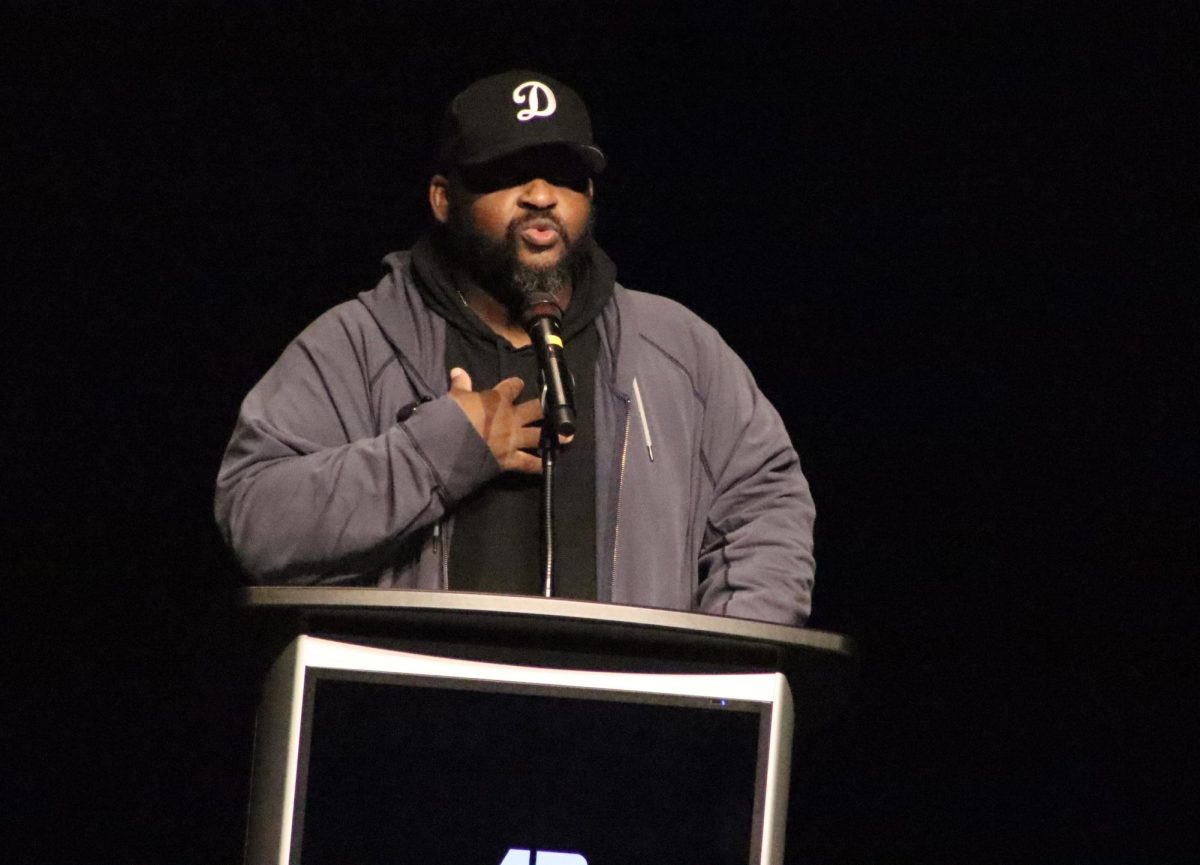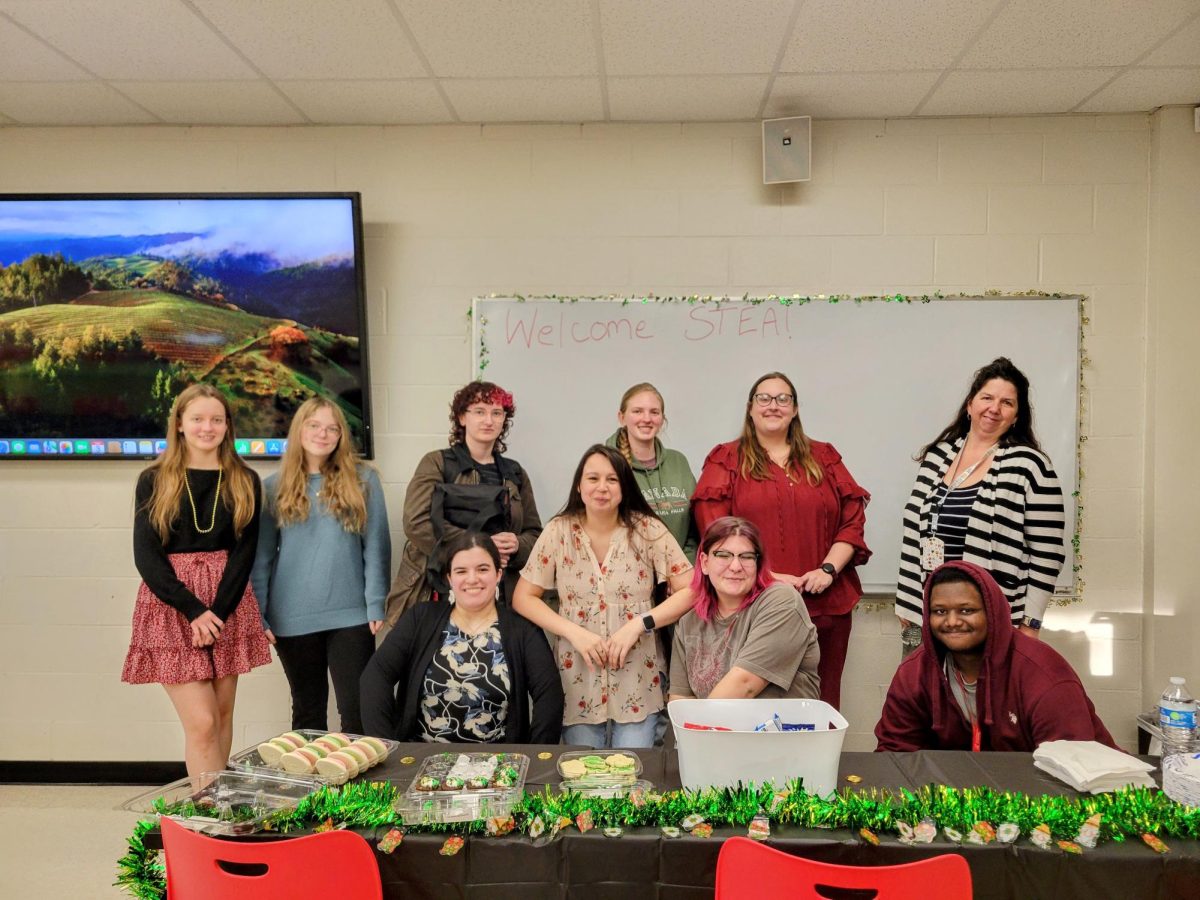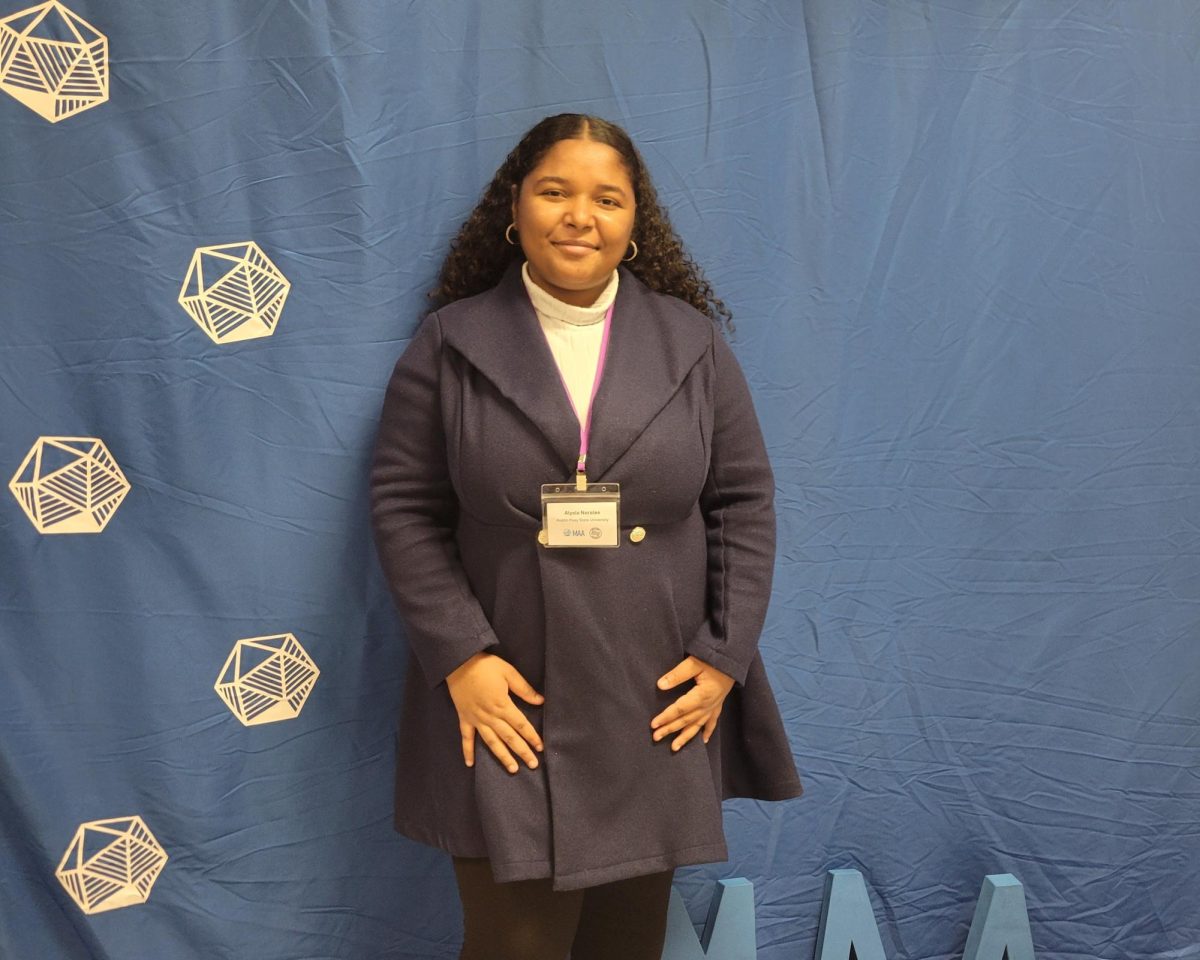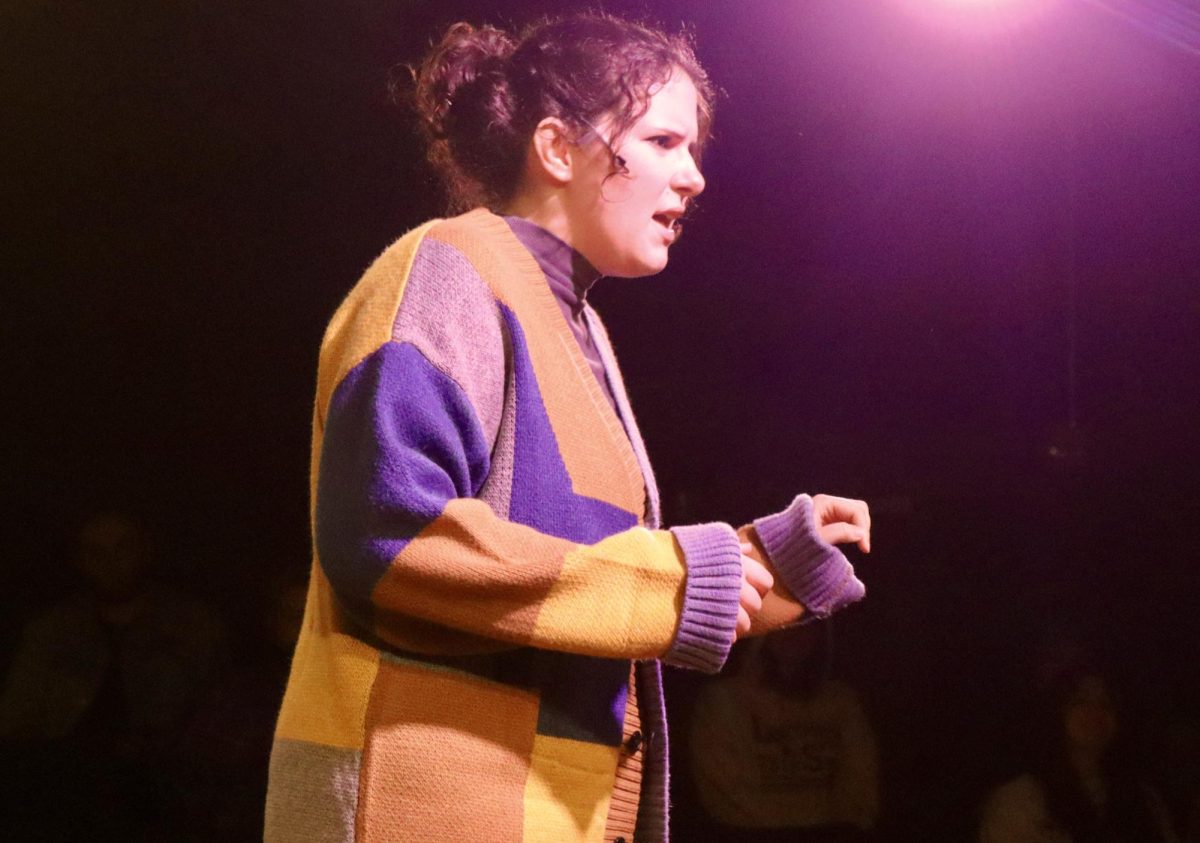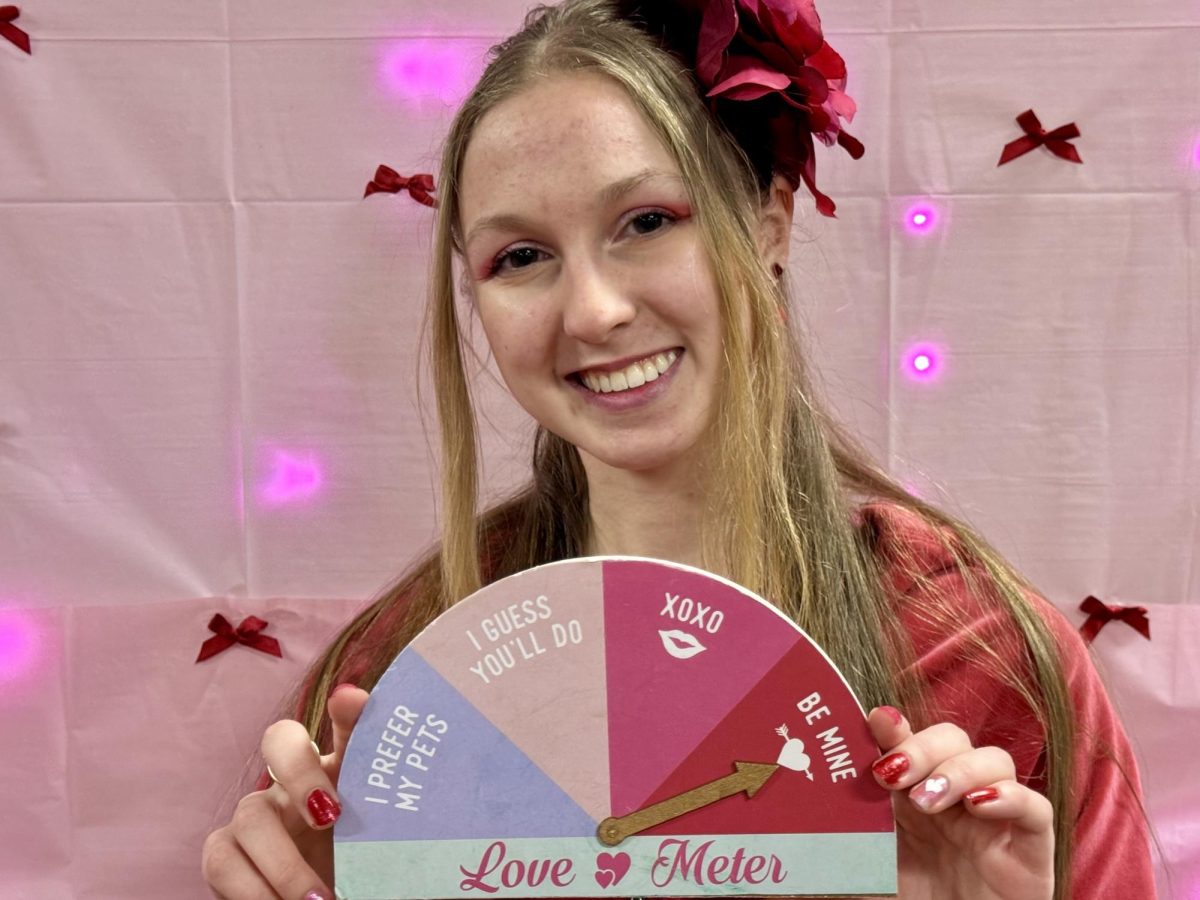In the everlastingly-loud world that we live in, it seems like there is still an unprecedented number of silent voices. These are voices that may whisper and echo, but are drowned out by everything else around them. They have so much to say, but it seems like so many of us remain silent. Some of us just don’t have the words to say, some don’t have the skills to articulate them and some just don’t know how to simply get their points across. Even worse, sometimes even when we have the words to say, we don’t have ears to listen or a platform to speak upon.
It’s one of the modern tragedies of our generations—we have countless collections of communication at our fingertips, but we still don’t have a voice to lend. Sure, some of us have creative outlets. We read, we write, we sing and we generally create. Some of us find organizations and clubs, or join groups like the student newspaper here at The All State to put our words out there.
But not everyone feels comfortable with forms of expression like those mentioned above. So many people are still left behind, standing in the dust on a desert road or on the edge of the sidewalk in a rainy city getting puddles splashed on us with every passing car.
Not to mention, it’s often easier not to talk about things. We don’t want to offend people. We don’t people to judge us or look at us any differently. It’s the same reason authors and musicians often start their careers with pen names instead of accepting their real names for the world to see. We like animosity.
Now, at least for Austin Peay State University students, there is a new initiative to help get past some of these conversation blocks. This new initiative acts as a sort of open dialogue, an aptly named Peayple’s Dialogue, to promote free thought and expression, embrace and discuss our differences, encourage civil engagement and remain united over our joint journeys here at APSU and the surrounding community.
This new program will allow everyone here to be seen, heard and understood in a way that many students previously couldn’t.
Peayple’s Dialogue will be led by Assistant Vice President of Community Belonging Christopher Clarke, Associate Vice President of Community Engagement Lindsey Gilmore and Professor & Chair of the Department of Communication Robert Baron.
They aim to foster an inclusive environment that discusses a variety of the community’s needs, as well as topics including climate change and environmental justice, voting rights and electoral integrity, healthcare access and public health, global conflicts and diplomacy, mental health awareness and support systems, free speech vs. hate speech and education equity and access.
Given our country’s current political climate and the greater mental health crisis in United States, these are all very sensitive subjects, which further heightens the importance of creating a platform like Peayple’s Dialogue for our community.
For now, be sure to stay tuned for the remainder of the fall dialogue schedule:
- What’s on the Ballot? Political Polarization in America
- Oct. 30 at 3:00 p.m. in the Morgan University Center Ballroom; Registration begins Oct. 16.
- “As the election approaches, many first-time voters, students, and faculty are navigating the complexities of political polarization in America. This dialogue will focus on what’s at stake during this election cycle and provide a space to explore the issues on the ballot that matter most to our community.”
- So Now What? Belongingness Post-Election
- Nov. 13 at 3:00 p.m. in the Morgan University Center Ballroom; Registration begins Oct. 30.
- “The results of a national election can leave communities feeling divided, hopeful, or uncertain about the future. In the aftermath, exploring how these outcomes impact our sense of belonging—within our nation, our communities, and our campus is critical.”


